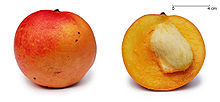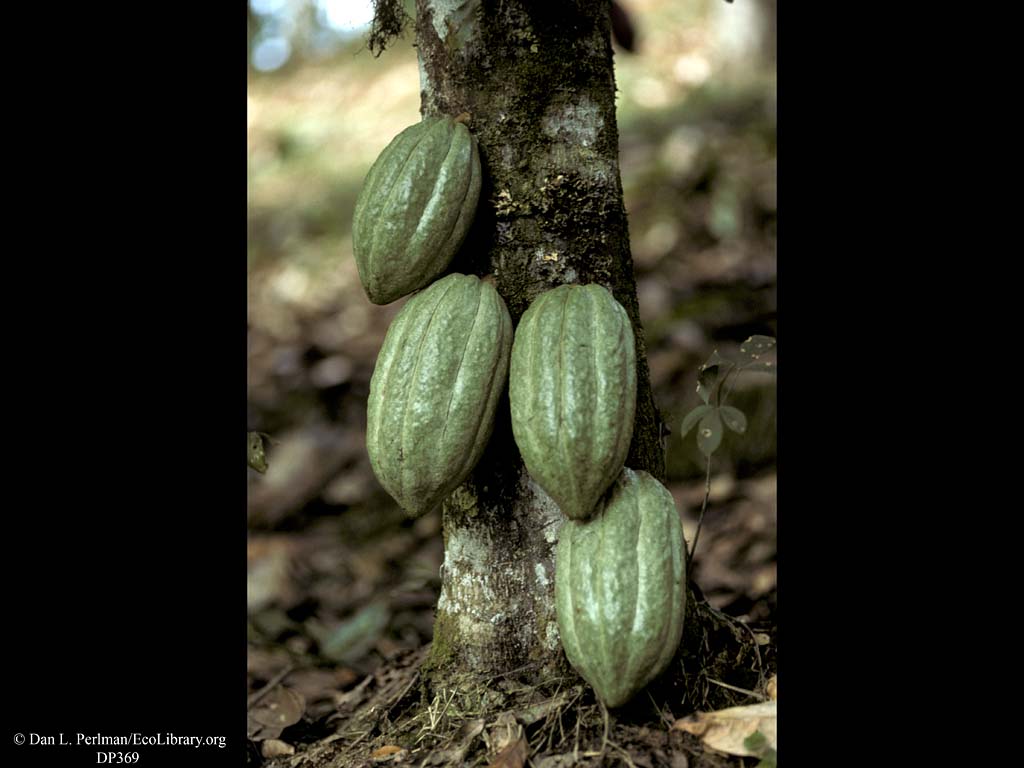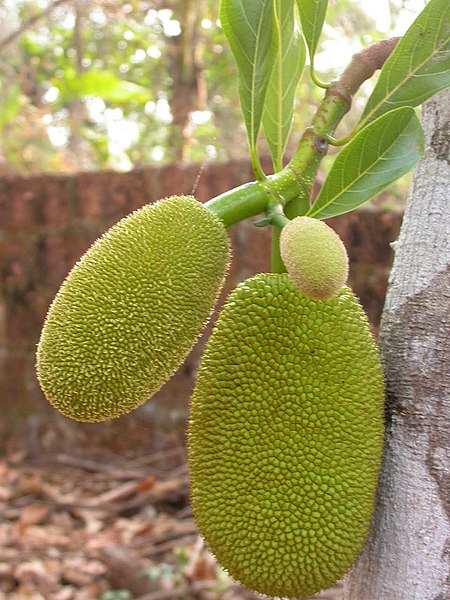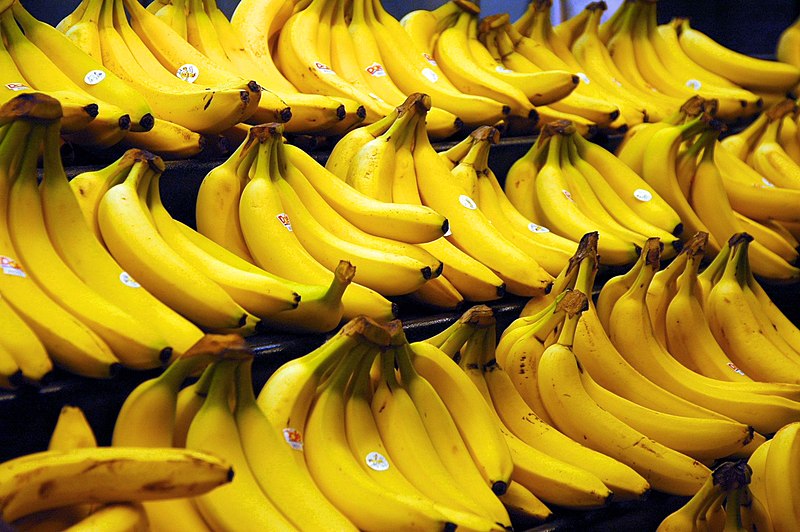Taxonomical name: Psidium guajava
Kingdom: Plantae
Division: Magnoliophyta
Class: Magnolipsida
Subclass: Rosidae
Order: Myrtales
http://www.amazon.com/Case-Logic-TBC-302-Compact-Storage/dp/B001V9KG0I/?tag=widgetsamazon-20 Family: Myrtaceae
Subfamily: Myrtoideae
The papaya is the fruit of the Carica Papaya tree.
It is native to southern Mexico and Central America and is now cultivated in many tropical regions.
The fruit sometimes used to be referred to as a "tree melon." In Australia it is called Papaw or Paw Paw.
Today there are two varieties of papaya, Hawaiian and Mexican. The Mexican papaya can weigh as much as ten pounds while the Hawaiian usually weighs about a pound. It is the smaller Hawaiian papaya that is found in most produce aisles.
The papaya was introduced to Hawaii in the early 1800s. Today, Hawaii is the only U.S. state that grows papayas commercially.
In the 1990s, two genetically modified varieties of papaya were introduced to Hawaii, making papaya the first genetically modified food to be introduced into the United States food supply.
Unripe, green papaya fruit and the leaves of the papaya tree contain an enzyme called papain. Papain has been used as a natural meat tenderizer for thousands of years and today is an ingredient in many commercial meat tenderizers.
Mango trees (Mangifera indica L.) grow up to 35–40 m (115–130 ft) tall, with a crown radius of 10 m (33 ft). The mango tree is long-lived, as some specimens still fruit after 300 years.[citation needed] In deep soil, the taproot descends to a depth of 6 m (20 ft) with profuse, wide-spreading feeder roots; the tree also sends down many anchor roots, which penetrate several feet of soil. The leaves are evergreen, alternate, simple, 15–35 cm (5.9–14 in) long and 6–16 cm (2.4–6.3 in) broad; when the leaves are young they are orange-pink, rapidly changing to a dark glossy red, then dark green as they mature. The flowers are produced in terminal panicles 10–40 cm (3.9–16 in) long; each flower is small and white with five petals 5–10 mm (0.20–0.39 in) long, with a mild sweet odor suggestive of lily of the valley. The fruit takes three to six months to ripen.
Cacao fruits. Chocolate is made from the fruit of the cacao plant, a small understory tree originally from the New World tropics. As can be seen here, the fruits grow directly from the trunk of the tree. Once the beans are harvested from the fruits, they are fermented by bacteria and yeast for several days, then dried, roasted, and ground into a thick liquid called chocolate liquor. To make a chocolate bar, sugar, milk and additional cocoa butter (fat extracted from the chocolate liquor) are then added.. Chocolate contains the alkaloid theobromine, which is very similar to caffeine in structure.
t is called the king of all fruits because of itsrich, luscious, aromatic flavour and a delicious taste in whichsweetness and acidity are delightfully blended. It is the mostpopular and the choicest fruit and occupies a prominent place amongthe fruits of the world. It has been cultivated in the subcontinentfor at least 4000 years and recent studies on the genous indicatethat it probably originated in the Assam-Myanmer-Thailand region.The introduction of mango in other parts of the world iscomparatively recent. It is now cultivated in southern China,Malaysia, Indonesia, warmer parts of Australia, Philippines,Hawaii, and West Indies, Madagascar and along the coast of tropicalAfrica. In North America, it is grown to a limited extent inFlorida and California.
The Jackfruit is a species of tree of the mulberry family. It bears large fruits and grows well in tropical areas. The
jackfruit is the largest tree borne fruit in the world reaching 80 pounds in weight and up to 36 inches long and 20
inches in diameter
emons are native to Asia and the leading producers are India with an estimated annual production of 2.06 million tons followed by Mexico, Argentina and Brazil. India leads the world’s overall lemon and lime output
http://www.amazon.com/Nikon-Coolpix-L22-3-0-Inch-Red-primary/dp/B0034XIL60/?tag=widgetsamazon-20
.Bananas leading producer is India with an estimated annual production of 21.8 million tons followed by China with 8 million tons and the Philippines with 7.5 million tons. Banana, which is native to Southeast Asia, is known as the complete food.









